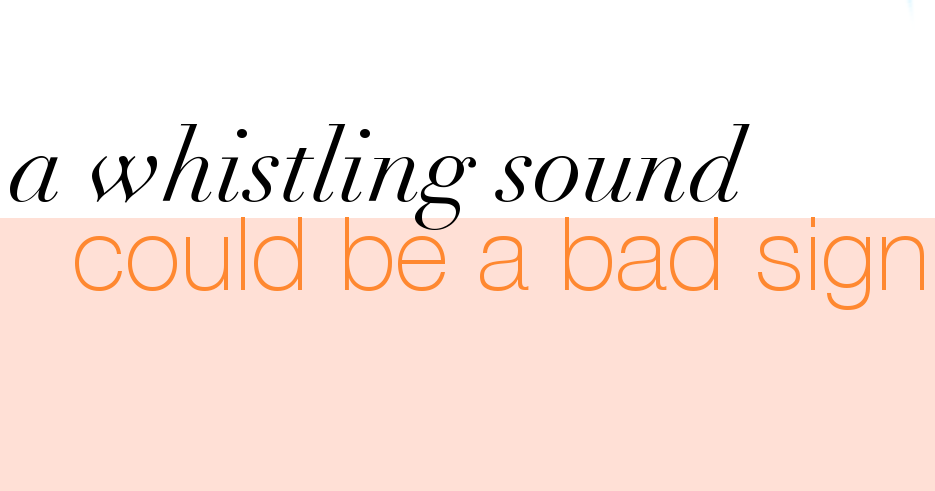Whether you are getting a root canal, a cosmetic procedure, or a cap, there are risks associated with every dental treatment. For dentists, any procedure that deals with the contour or position of the front teeth could affect the sounds a patient makes. In other terms, changes to the front teeth could alter how a patient speaks.
If teeth are not the correct distance apart, a whistling sound can occur when a patient says a word with an “s” in it. This is called a sibilant sound and it is made when air is forced through the teeth’s biting edges. This speech impediment is most common in people with dentures, but people who have had alterations to their front teeth are also at risk.
A whistling sound can happen after braces come off, when dentures go in, or when veneers are placed. If veneers are too long or too thick then they can cause a whistling sound that can really bother patients. It can be difficult to fix this speech impediment.
One way to fix the issue is to try thinning and polishing the teeth’s biting edges or by adding bonding. The issue is that the inside of the teeth are where linguistics lie, so the issue must be addressed there as well.
Make sure to address this potential side effect with your dentist before you have any work completed on your front teeth. Ask multiple people after your procedure if they can hear a change in the way that you talk, if they can then go back to your dentist and ask for them to retreat your teeth.

